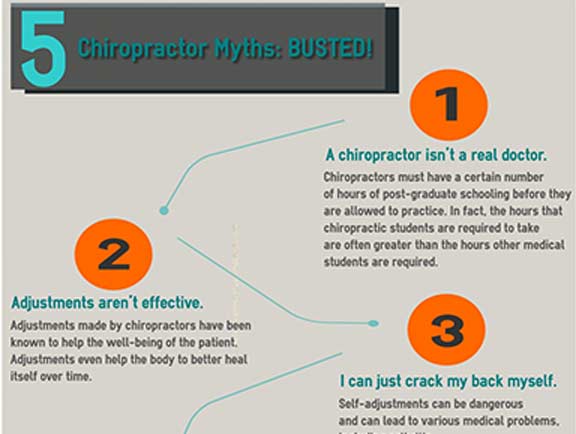The Influence Of Diet Regimen On Neck And Back Pain Management: Foods To Integrate And Foods To Exclude
The Influence Of Diet Regimen On Neck And Back Pain Management: Foods To Integrate And Foods To Exclude
Blog Article
Write-Up Produced By-Singer Nicolajsen
When it involves handling your pain in the back, the food selections you make can dramatically impact how you feel every day. Imagine having the ability to alleviate your discomfort merely by changing what you eat. By recognizing the duty of nutrition in neck and back pain monitoring and understanding which foods to include or avoid, you can take proactive actions towards a healthier and much more comfy way of living. The connection between nourishment and back health and wellness is much more profound than you may realize-- let's check out how particular foods can either soothe or intensify your pain in the back.
Significance of Nourishment in Back Pain
Nutrition plays a critical duty in handling neck and back pain. Your diet can dramatically impact inflammation levels and overall pain degrees in your back. Taking in a well balanced diet regimen rich in nutrients like vitamins D and K, calcium, magnesium, and omega-3 fatty acids can help in reducing swelling and enhance bones, which are vital for back wellness.
Furthermore, preserving lower back through proper nourishment can minimize anxiety on your spinal column, reducing the danger of back pain.
In lower back tightness and pain , specific nutrients like anti-oxidants discovered in fruits and vegetables can help combat oxidative stress and anxiety and promote healing in the body, consisting of the back muscle mass and spine.
On the other hand, consuming extreme amounts of processed foods, sweet drinks, and harmful fats can add to inflammation and weight gain, worsening neck and back pain.
Foods to Eat for Back Health
To support a healthy back, incorporating nutrient-rich foods right into your day-to-day meals is vital. Consisting of foods high in antioxidants like berries, spinach, and kale can help reduce swelling in your back, alleviating pain and pain. Omega-3 fatty acids found in fatty fish such as salmon and mackerel have anti-inflammatory properties that can benefit your back health.
Additionally, consuming what does it mean when your back hurts and seeds like almonds, walnuts, and chia seeds supplies essential nutrients like magnesium and vitamin E, which support muscular tissue feature and reduce oxidative stress. Including lean proteins such as hen, turkey, and tofu can aid in muscle fixing and maintenance, promoting a solid back.
Don't neglect to include dairy or fortified plant-based choices for calcium to support bone wellness. Lastly, moisten with plenty of water to keep your back discs moisturized and working optimally. By including these nutrient-dense foods in your diet plan, you can nourish your back and support total spinal wellness.
Foods to Stay Clear Of for Pain In The Back
Opt for avoiding refined foods high in sugarcoated and trans fats when seeking relief from back pain. These kinds of foods can contribute to inflammation in the body, which may exacerbate back pain. Say no to lower back stiffness and pain treats sweet, pastries, and sugary drinks, as well as convenience food products like hamburgers, french fries, and fried hen that are commonly loaded with trans fats.
Additionally, stay away from foods including high degrees of refined carbohydrates, such as white bread, pasta, and pastries, as they can increase blood glucose levels and possibly get worse inflammation in the body.
It's likewise important to limit your consumption of foods high in hydrogenated fats, like red meat and full-fat dairy items, as they can contribute to swelling. Refined foods like deli meats, chips, and packaged treats are frequently high in hydrogenated fats and should be consumed in moderation.
Final thought
In conclusion, focusing on your diet regimen and making clever food selections can have a substantial effect on taking care of pain in the back. By integrating nutrient-rich foods like berries, fatty fish, nuts, and lean proteins, and preventing refined and sweet items, you can help reduce inflammation and assistance in general back health and wellness. Remember, what you eat plays an essential duty in just how you really feel, so make sure to prioritize your nutrition for a much healthier back.
